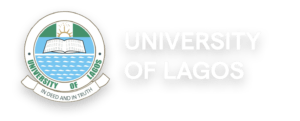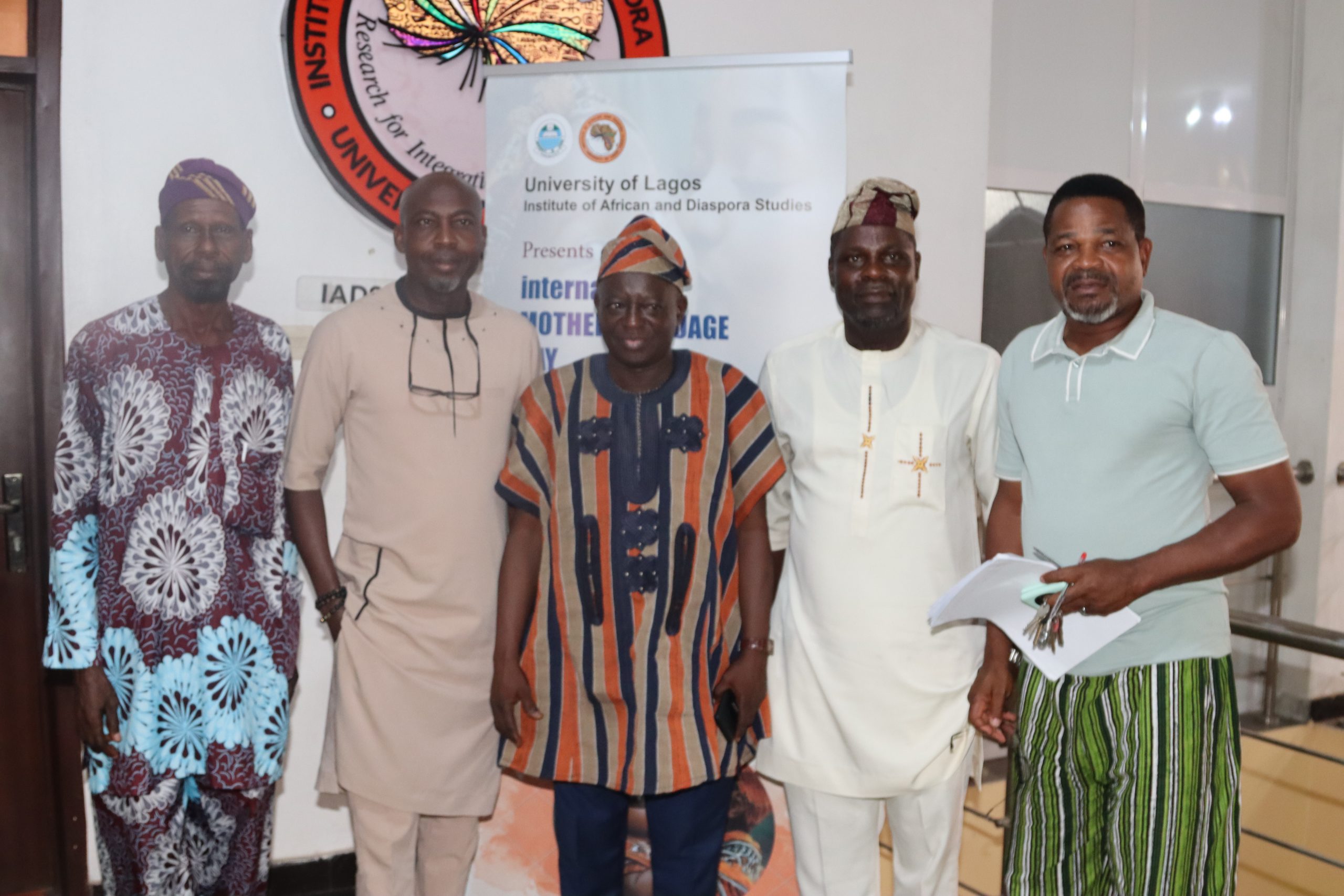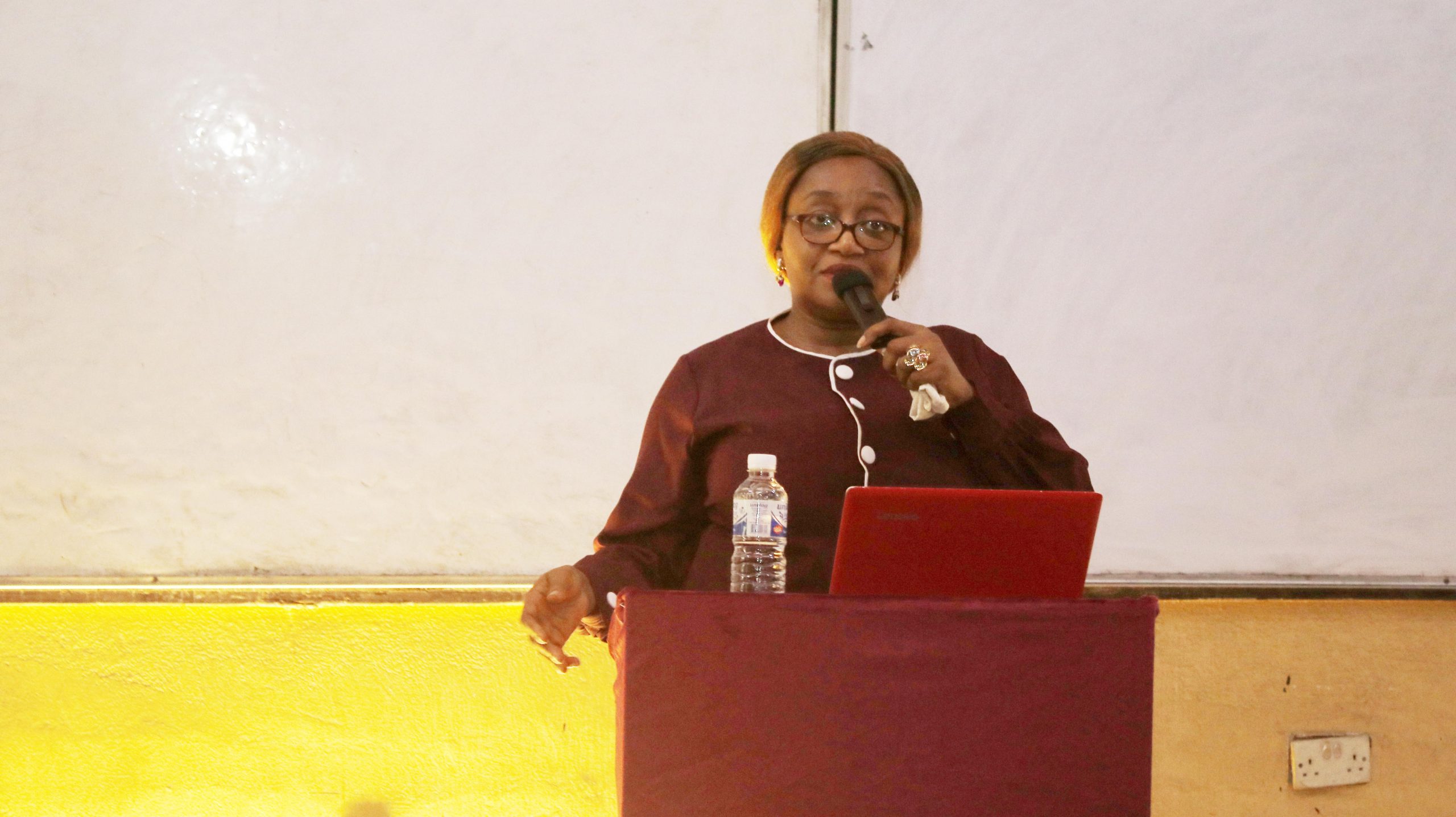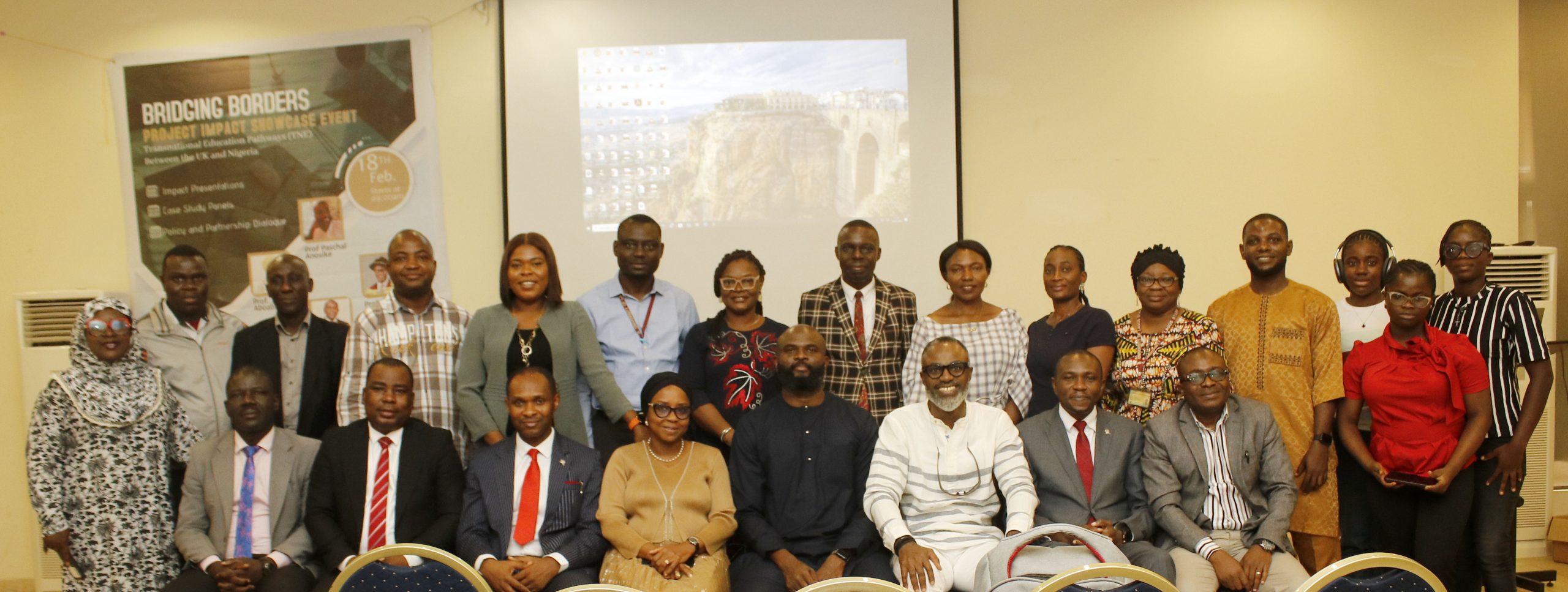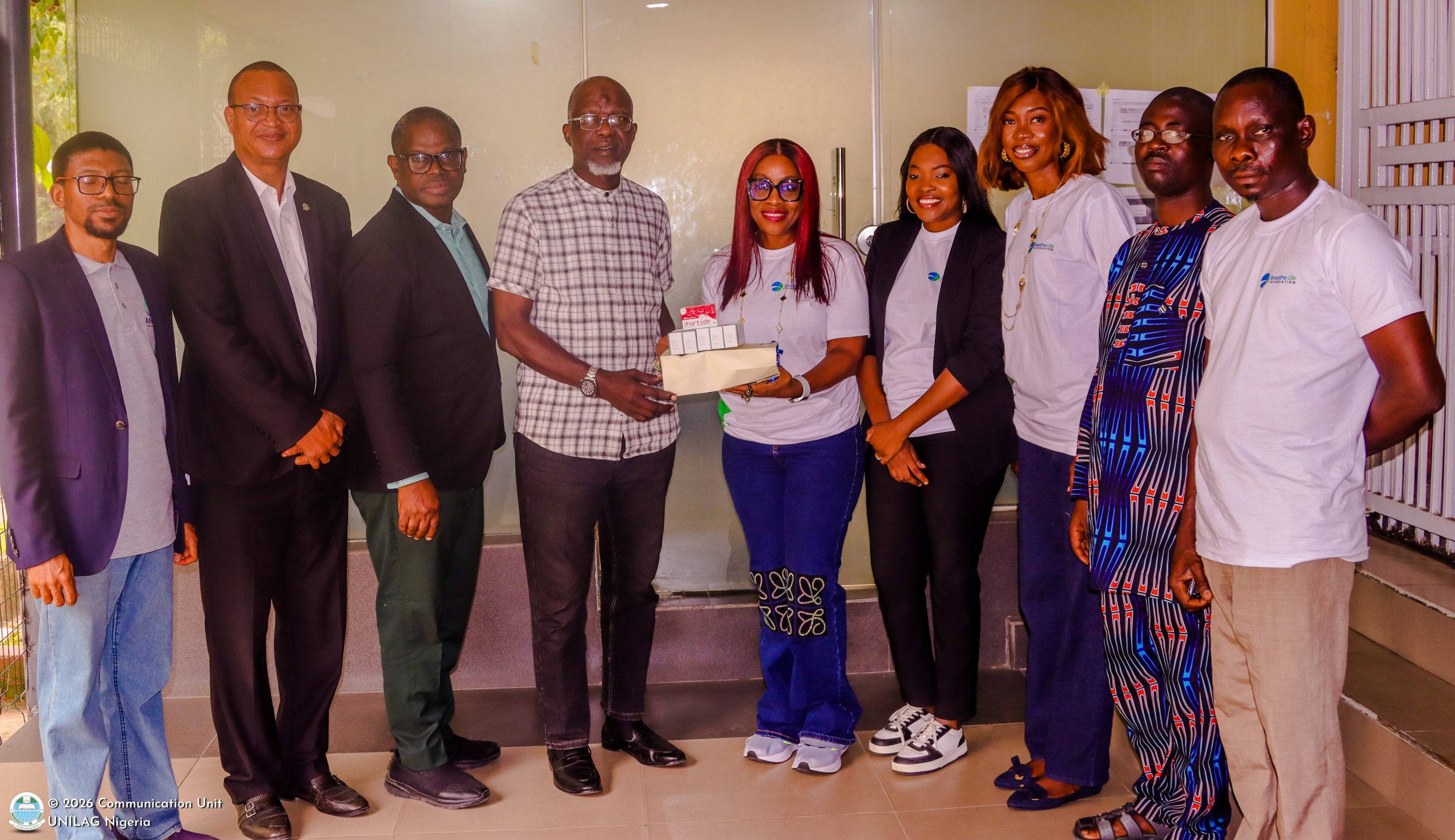The Department of Zoology hosted a 1-day training workshop on “Collection, Preservation and Taxonomy of Odonata Species” on Wednesday, February 10, 2022.
The Nigeria Odonata workshop is a segment of the study of Nigerian Odonata (dragonflies and damselflies) involving a survey of some selected forested areas in Cross River State. It was organised as a follow-up to an expedition to Cross River State in order to further equip Nigerian odonatologists engaged in cataloguing Nigeria Odonata fauna with enabling skills, skills necessary for collecting, curating and identifying dragonflies and damselflies.
During the opening ceremony, the Coordinator, Odonata Group, Nigeria, Prof. Sylvester Ogbogu, introduced the participants to the subject matter “Odonata”, its ecosystem, and explained in detail the reason behind the workshop, which was to listen to an expose by the lead facilitator Prof. Klaas-Douwe (KD) B. Dijkstra after an expedition to Cross River foster strong collaborations with the Netherlands Odontology group and produce an extensive checklist of the Odonata in Nigeria. The Vice-Chancellor, Prof. Oluwatoyin Ogundipe, ably represented by the Dean, Faculty of Science, Prof, Elijah Oyeyemi wished the participants a successful workshop. The Head of Department of Zoology, Prof. Taiwo Idowu encouraged participants to explore the rich Odonata fauna as well as forge a great collaboration among themselves.
Prof. Ogbogu introducing the participants to Odonata species Prof. Oyeyemi delivering the Vice-Chancellor’s address Prof. Idowu addressing the participants
In the workshop, world-renowned odonatologist, Prof. Klaas-Douwe (KD) B. Dijkstra of the University of Stellenbosch gave an introduction into Odonata (an order which consists of dragonflies and damselflies), in which he talked about the different types and the three (3) essential facts germane to understanding their order. These facts include:
- There are 6, 300 species in 2 suborders
- All odonatans are amphibiotic carnivores, that is, they hunt in land and water
- They have a unique reproductive behaviour, through indirect insemination and delayed fertilisation

He also discussed the evolution of palaeoptera and his findings on dragonflies and damselflies of Africa and Madagascar; and then took the participants through a journey from discovery to disclosure down to conservation of Odonata.
While discussing dragonflies and damselflies of Africa, he delved into how species get their names, explained the dragonfly biotic index; he mentioned some of the threatened African Odonata species such as Metacnemis valida (VU) in South Africa; Sapho fumosa (NT) in Sierra Leone, Liberia; Africocypha centripunctata (VU), Cameroon, Elattoneura pasquinii (VU) in Ethiopia, etcetera, and noted that all threatened species have clear preference for forest cover.
During the one of the sessions, a research group shared its experience and findings from a joint field expedition to Cross River state. During the voyage, the group discovered quite a number of dragonflies with interesting features – many already named species like Umma purpurea, Stenochemis pachystigma, Chlorocypha cyanifrons, to mention a few and some nameless ones as well as some threatened species.

The research group consisting of Klaas-Douwe B. Dijkstra, Jan van Leeuwen (University of Wageningen); Rick Buesnik (University of Wageningen), Reinier de Vries (Plant Ecology and Nature Conservation group – University of Wageningen), Babasola Williams Adu (Federal University of Technology, Akure); Ojonugwa Ekpah (Nigerian Conservation Foundation, Lagos), Bibitayo Ayobami Owolabi (Department of Wildlife and Ecotourism, Osun State University), Isaac E. Ehikhamele (Obafemi Awolowo University), Abiodun Matthew Adedapo (Obafemi Awolowo University, Ile-Ife) with support from Dr. Kemanbonta, Prof. Sylvester Ogbogu and Alafia, Azeezat Oyindamola (Lagos state University).
Lastly, all participants embarked on a brief field trip to Masaba close beside the Centre for Information and Technology Systems (CITS), where they found and collected some dragonfly samples.
The workshop, under the coordination of Prof. Sylvester Ogbogu of the Obafemi Awolowo University and Associate Professor of Entomology at the Department of Zoology, UNILAG, Dr. Kehinde Kemabonta, was organised by Odonata Group, Nigeria, in collaboration with the Department of Zoology, University of Lagos, the International Dragonfly Fund, the Uyttenboogaart-Eliasen Stichting, Netherlands and the Dutch Dragonfly Association.
